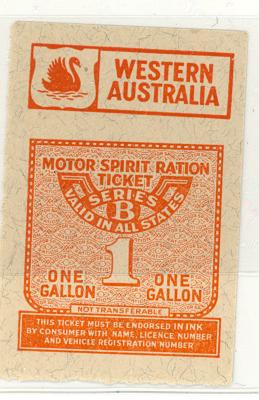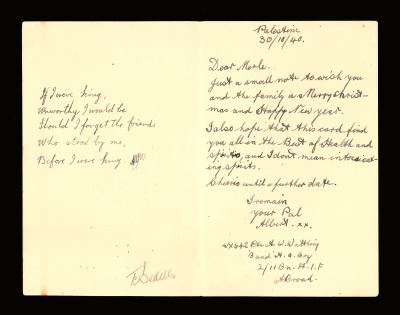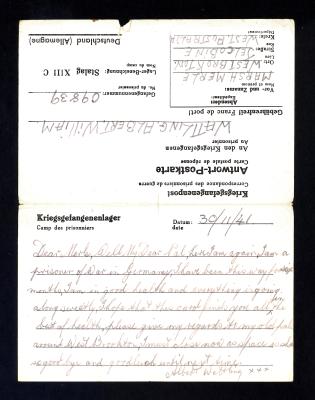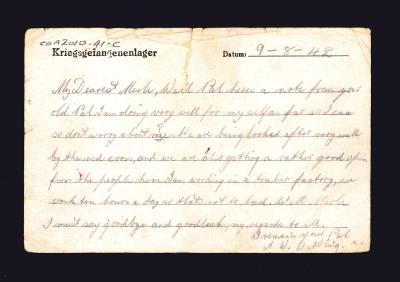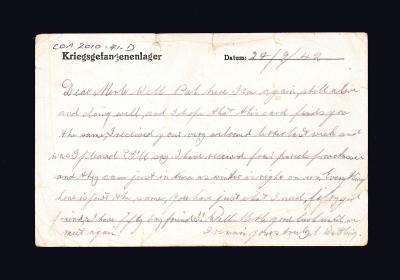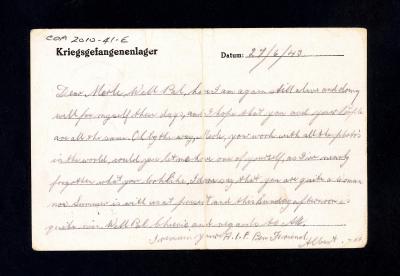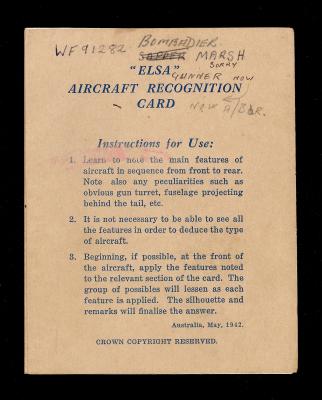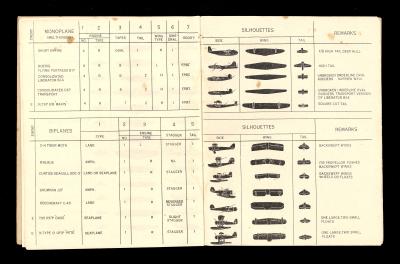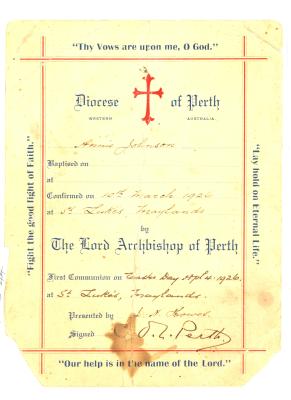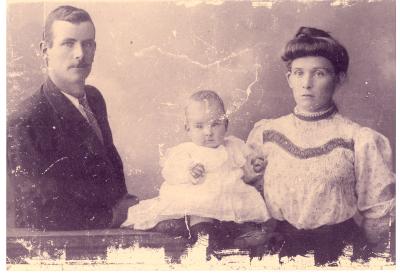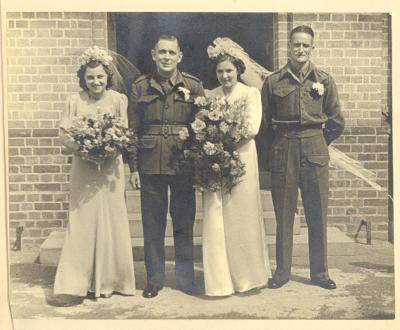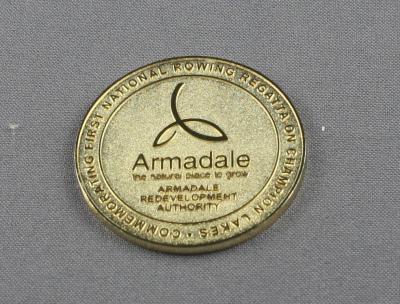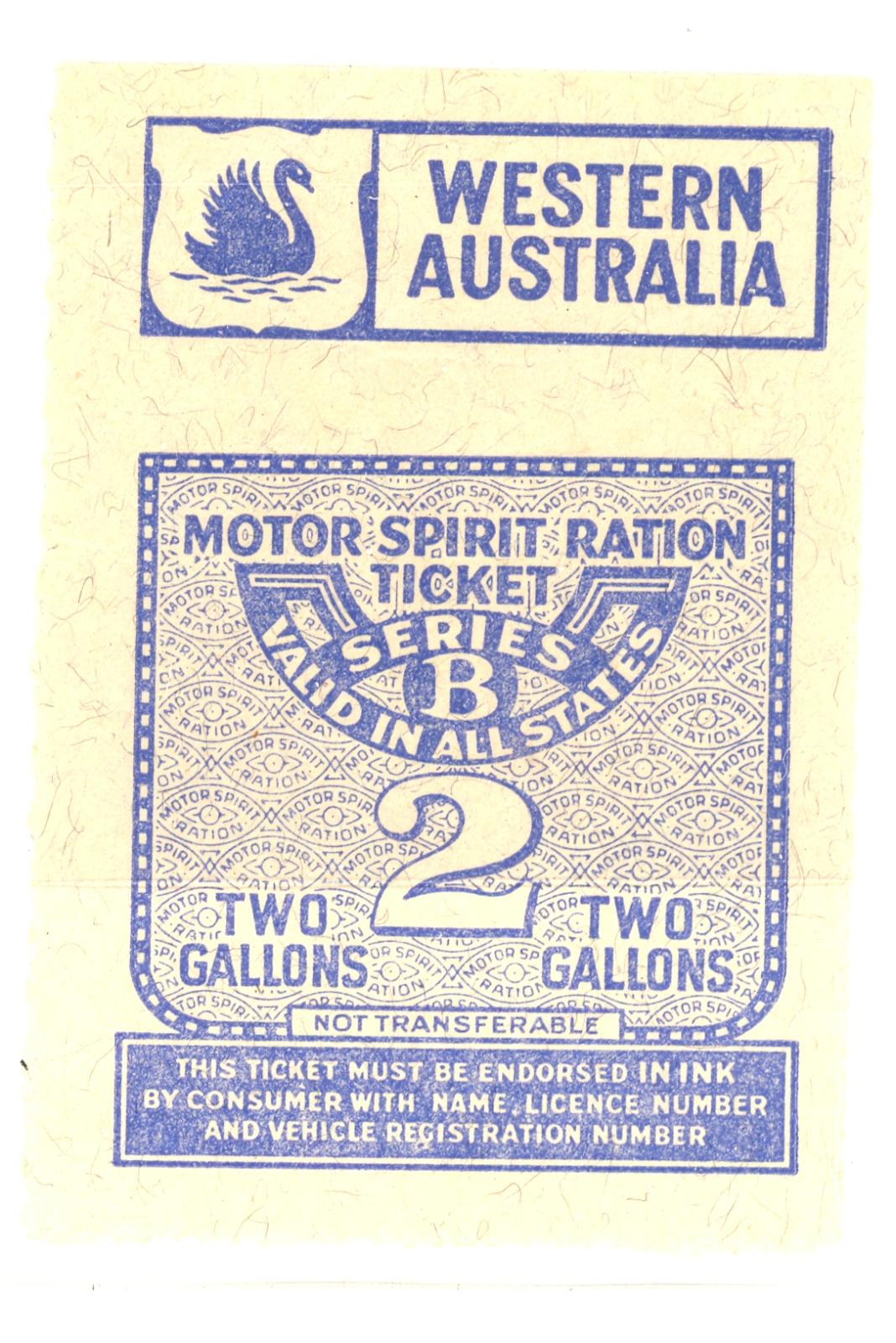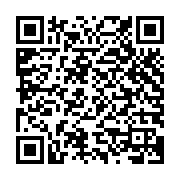RATION TICKET - MOTOR SPIRITS
c. 1948Rectangular piece of cream paper with blue lettering in two sections:-
At the top of the paper, there is a rectangular box with an emblem of a swan and [WESTERN / AUSTRALIA].
Below the rectangular box is a square with curved bottom corners and text [MOTOR SPIRIT RATION / TICKET / SERIES / B / VALID IN ALL STATES]. Below this text is [2] with [TWO GALLONS] on either side and then [NOT TRANSFERABLE].
Another rectangular box, below the square, has the test [THIS TICKET MUST BE ENDORSED IN INK / BY CONSUMER WITH NAME, LICENSE NUMBER / AND VEHICLE REGISTRATION NUMBER].
Motor spirit rationing ticket issued to Edward 'Ted' and Elsie Richings of Armadale during World War II. The introduction of rationing in Australia started with petrol in October 1940. On 12 June 1942, food, including tea, sugar and meat, and clothing was rationed.
Rationing was designed to manage shortages caused by the war, ensure everyone received an equal share, stop civilian consumption and spending, limit inflation, and help funnel resources, such as petrol, to Britain.
Locally, the rationing of petrol, clothing, sugar, tea and feed for poultry was felt but thanks to the abundance of orchards, dairies, farms and a local bartering system, there was little need to rely upon ration tickets to stock the pantry.
Rationing continued after the war. Slowly items were taken off the list; sugar in 1947, clothing and meat in June 1948 and tea, butter and petrol in 1950.
Details
Details
MEDIUM
Historic: It relates to the period during and after World War II when commodities were in short supply and rationing was enforced.
Social: The impact on society by the war and the sudden lack of materials that people were used to having.
Interpretive: How WWII impacted society back in Australia with shortages caused by supplying the war effort.
Provenance: It was used by Edward Richings.
City of Armadale - History House
City of Armadale - History House
More items like this
Other items from City of Armadale - History House
- CARD FROM PT ALBERT WATTLING 30 OCT 1940
- POSTCARD - PTE A WATTLING 13 NOV 41 WWII POW
- POSTCARD - PTE A WATTLING 9 AUG 1942 WWII POW
- POSTCARD - PTE A WATTLING 27 SEPT 1942 WWII POW
- POSTCARD - PTE A WATTLING 27 JUNE 1943 WWII POW
- ''ELSA'' AIRCRAFT RECOGNITION BOOK
- ''ELSA'' AIRCRAFT RECOGNITION BOOK
- PRAYER BOOK LUTHERAN - SWEDISH 1877
- CONFIRMATION CERTIFICATE
- PHOTOGRAPH MR & MRS JOHNSON AND CHILD
- PHOTOGRAPH JOHNSON BOYS WEDDING PARTY
- MEDAL, COMMEMORATIVE - CITY OF ARMADALE ROWING REGATTA
